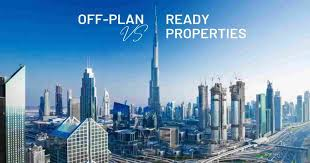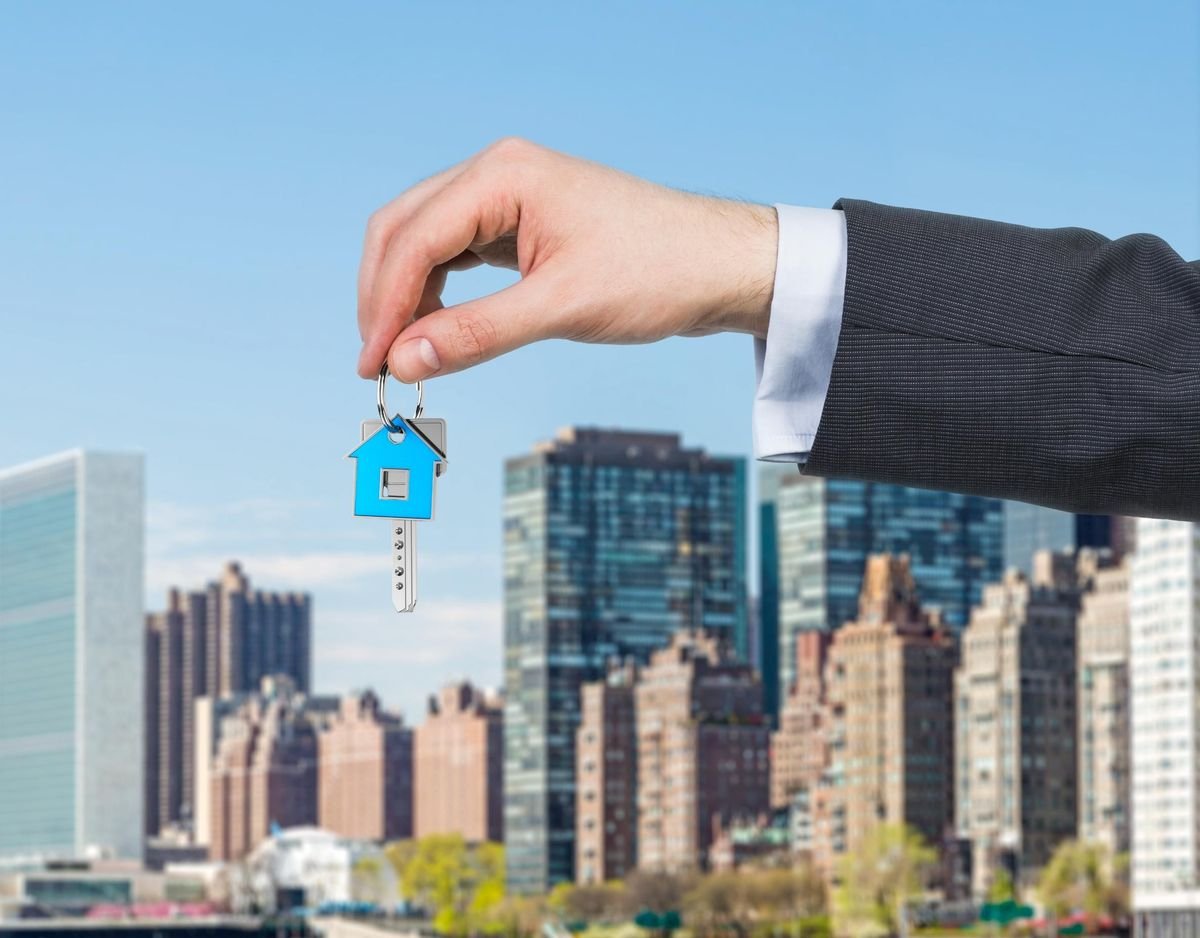Now Reading: UAE Real Estate Market Forecast 2025: Key Trends & Predictions
-
01
UAE Real Estate Market Forecast 2025: Key Trends & Predictions
UAE Real Estate Market Forecast 2025: Key Trends & Predictions

Table of Contents
The United Arab Emirates (UAE) real estate market is poised for a dynamic year in 2025, building upon the momentum gained in recent years. With sustained economic growth, strategic urban development, and a surge in foreign investment, the sector is expected to experience notable transformations across residential, commercial, and industrial segments.
1. Residential Market: Balanced Growth and Diversification

The residential property sector in the UAE, particularly in Dubai, is anticipated to witness a balanced growth trajectory in 2025. After experiencing significant appreciation in prime areas such as Downtown Dubai, Dubai Marina, and Palm Jumeirah during 2023 and 2024, the market is now entering a phase of stabilization. This equilibrium is marked by a steady demand-supply dynamic, providing opportunities for both end-users and investors. (
Off-plan developments continue to be a focal point, with developers like Emaar, Sobha, and DAMAC launching projects offering flexible payment plans. Emerging zones such as Dubai South and Al Jaddaf are gaining attention due to their strategic locations and infrastructural developments.
2. Rental Market: Sustained Demand and Yield Optimization
The rental segment remains robust, driven by a growing expatriate population and a steady influx of professionals. Average rental yields are projected to range between 6% and 8%, especially in well-managed properties and holiday homes. Short-term rentals are expected to surge by approximately 18%, while long-term leases may see a 13% increase, reflecting the sustained demand for rental accommodations.
3. Luxury Segment: High Demand Amid Limited Supply

The luxury real estate market continues to thrive, attracting high-net-worth individuals seeking premium properties. Despite the construction of nearly 9,000 villas by the end of 2024 and plans for an additional 19,700 in 2025, the market still faces a shortage of luxury properties. This scarcity is contributing to price increases in prime neighborhoods like Palm Jumeirah and Emirates Hills.
4. Commercial and Industrial Real Estate: Strategic Expansion
The commercial real estate sector is experiencing growth, particularly in the retail and industrial segments. Retail sales are projected to grow by 6% between 2025 and 2027, supported by a rising population and increased tourism. The industrial real estate market is also expanding, driven by the UAE’s strategic location and investments in logistics and manufacturing sectors.
5. Foreign Investment and Regulatory Reforms
The UAE’s real estate market continues to attract foreign investors, bolstered by regulatory reforms that allow full foreign ownership of businesses and properties. The Golden Visa program remains a significant incentive, offering long-term residency to investors and property owners. These initiatives are enhancing the country’s appeal as a global investment destination.
6. Economic Indicators and Urban Development
The UAE’s economy is projected to grow by 6.2% in 2025, with the real estate sector playing a pivotal role in this expansion. Urban development plans, such as the Dubai 2040 Urban Master Plan, are guiding the city’s growth, focusing on sustainability, infrastructure, and quality of life. These developments are expected to positively impact property values and investment opportunities.
7. Challenges and Considerations
While the outlook for the UAE’s real estate market in 2025 is optimistic, certain challenges persist. The rapid growth in property prices and rents has raised concerns about affordability for residents. Additionally, infrastructure strains, such as traffic congestion, are becoming more pronounced due to the increasing population and urban expansion.
Conclusion
The UAE real estate market in 2025 is characterized by balanced growth, diversification, and sustained investor interest. With strategic urban planning, regulatory reforms, and a focus on sustainability, the sector is well-positioned to capitalize on emerging opportunities. However, addressing challenges related to affordability and infrastructure will be crucial to ensure long-term stability and inclusivity in the market.
For investors, developers, and policymakers, staying informed about market trends and adopting adaptive strategies will be key to navigating the evolving landscape of the UAE real estate sector in 2025.
WATCH MORE: https://www.youtube.com/watch?v=W0lFnrttE20
READ MORE: Understanding Real Estate Tax Residency Rules in the UAE





















